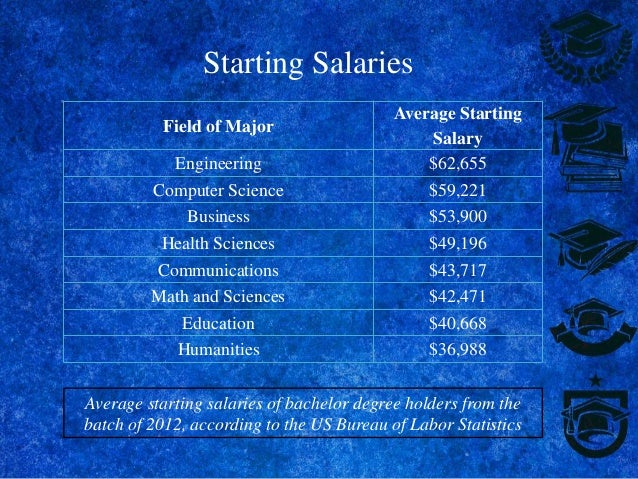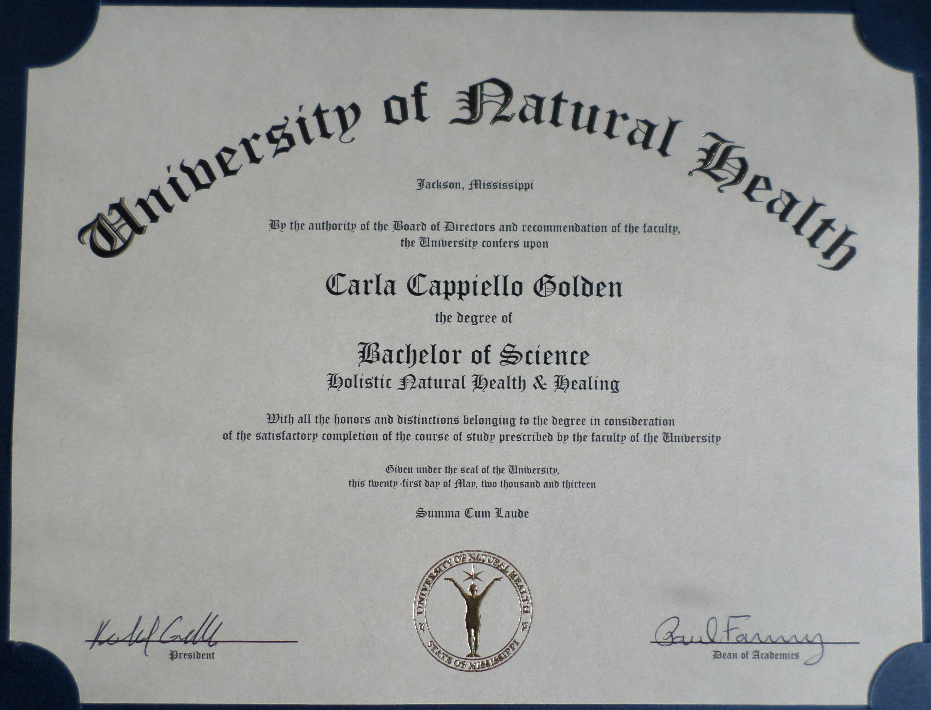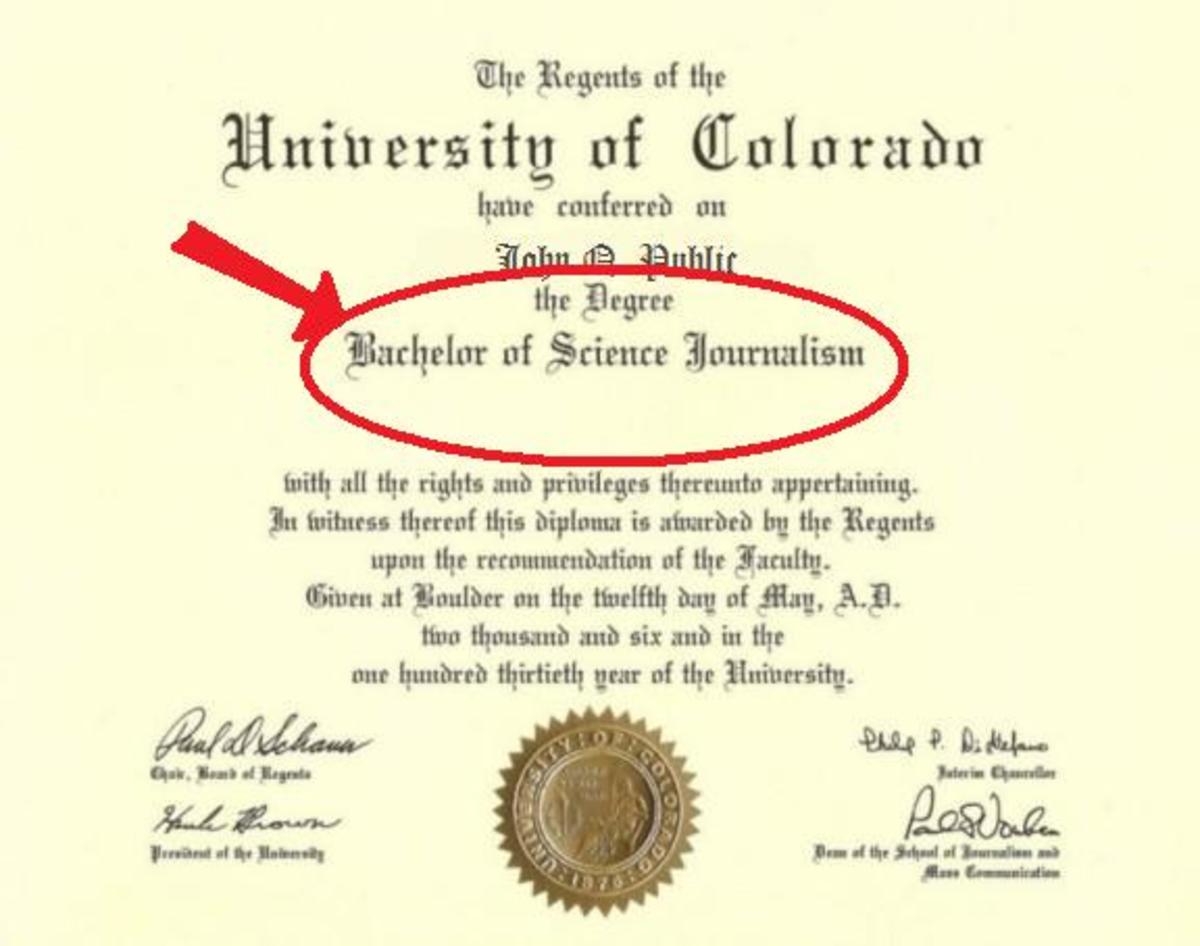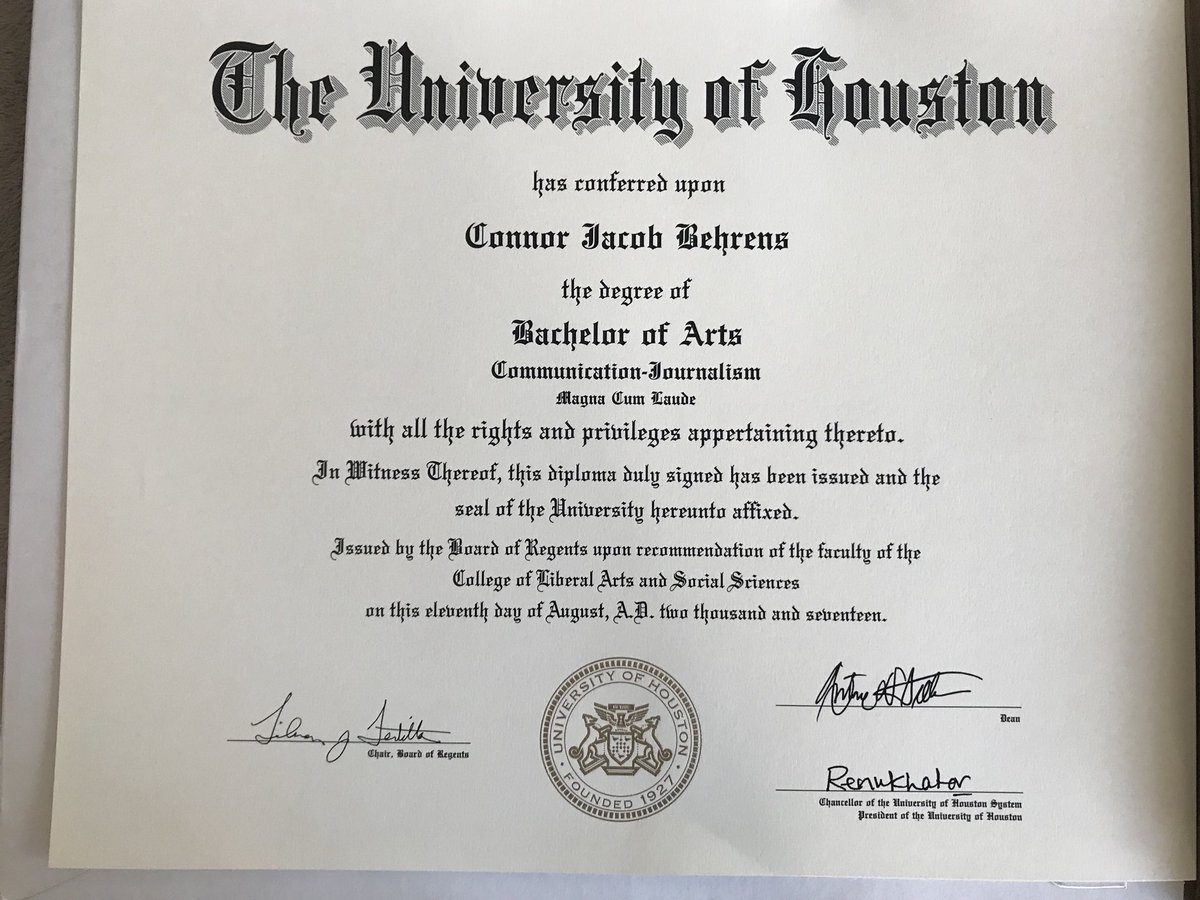HOW TO GET A BACHELOR'S DEGREE IN SCIENCE
How to Get a Bachelor's Degree in Science
Obtaining a Bachelor's Degree in Science can be a significant milestone in your academic and professional journey. It equips you with valuable knowledge and skills in various scientific disciplines, opening doors to exciting career opportunities. In this article, we will explore the path to earning a Bachelor's Degree in Science and provide tips to help you along the way.
Choosing the Right Program
When embarking on the journey to attain your Bachelor's Degree in Science, it's important to select the right program that aligns with your interests and career goals. Numerous universities offer science programs with various specializations to cater to your individual aspirations.

It's crucial to research and compare the curriculum, faculty, reputation, and resources of different educational institutions. Consider reaching out to current students or alumni to gain insights into their experiences and the quality of education provided.
Prerequisites and Admission Requirements
Each university has specific prerequisites and admission requirements for their Bachelor's Degree in Science programs. These requirements may include a minimum GPA, standardized test scores, prerequisite courses, and letters of recommendation. Make sure to thoroughly review the prerequisites and admission criteria of your desired program and start preparing accordingly.
Coursework and Study Plan
Once admitted to a Bachelor's Degree in Science program, you will embark on a journey of scientific exploration. The coursework will include a combination of core science subjects and elective courses based on your chosen specialization. It's essential to create a study plan to manage your time effectively and stay on track with your academic responsibilities.
Here are some tips to optimize your coursework experience:
- Create a balanced schedule with a mix of challenging and manageable courses.
- Stay organized by using a planner or digital tools to keep track of assignments, deadlines, and exams.
- Engage in active learning techniques such as participating in class discussions, forming study groups, and seeking clarification from professors.
- Utilize the resources available to you, such as research laboratories, libraries, and online databases to enhance your understanding of course materials.
Internship and Research Opportunities
To enrich your Bachelor's Degree in Science experience, consider seeking out internship and research opportunities. These experiences can provide hands-on training, practical skills, and real-world exposure to the scientific field you're interested in. Many universities have partnerships with research institutions or offer research programs within their own departments.
By engaging in internships and research projects, you can:
- Apply theoretical knowledge to practical situations.
- Expand your professional network by connecting with experts in your field.
- Gain valuable experience that can boost your resume and future job prospects.
Tips for Success
Here are some additional tips to help you succeed in your Bachelor's Degree in Science:
- Stay curious and never stop exploring. Science is a vast field, and there's always something new to discover.
- Develop strong critical thinking and analytical skills, as they are vital for scientific inquiry.
- Participate in extracurricular activities related to your field of interest, such as joining scientific clubs or attending conferences.
- Seek guidance and mentorship from professors or professionals in your chosen field.
- Stay up-to-date with the latest scientific research and advancements in your area of specialization.
Frequently Asked Questions
Q: How long does it take to earn a Bachelor's Degree in Science?
A: The duration of a Bachelor's Degree in Science program is typically four years for full-time students. However, the length may vary depending on various factors, such as part-time or accelerated study options.
Q: Can I pursue a Bachelor's Degree in Science if I don't have a strong background in science subjects?
A: Yes, many universities offer foundation or preparatory courses to bridge the gap for students who don't have a strong science background. These courses provide the necessary foundational knowledge to excel in a Bachelor's Degree in Science program.
Q: What career options are available after obtaining a Bachelor's Degree in Science?
A: With a Bachelor's Degree in Science, you can pursue diverse career options such as research scientist, laboratory technician, environmental consultant, pharmaceutical sales representative, data analyst, and much more. The specific career paths may vary depending on your specialization and interests.
Embarking on a journey towards a Bachelor's Degree in Science is an exciting and fulfilling endeavor. By choosing the right program, preparing diligently, and making the most of the available opportunities, you can pave the way for an enriching and successful scientific career!
Note: The information provided in this article is based on general knowledge and may vary depending on individual universities and programs. It's important to refer to specific university websites for accurate and up-to-date information.
Manolis Kellis (Kamvysselis): Resume
How To Get A Bachelor's Degree In 2 Years For Only $13,500 - YouTube
 Image Source : www.youtube.com
Image Source : www.youtube.com degree bachelor
How To Get A Bachelor Degree In Science
 Image Source : guitardesignworks.blogspot.com
Image Source : guitardesignworks.blogspot.com bachelor earning
Bachelor Of Science Degree & Practitioner Certifications
 Image Source : www.carlagoldenwellness.com
Image Source : www.carlagoldenwellness.com bachelor degree science health sciences practitioner certifications newton university management natural healthcare isaac programs recieves summary read
How To Write The Term: Bachelor's Degree - HubPages
 Image Source : discover.hubpages.com
Image Source : discover.hubpages.com bachelor bachelors accounting degrees capitalize capitalized buck baccalaureate bsc
Four Year Education In Liberal Arts Degree Or A Bachelor Of Science
 Image Source : publicasonline.com
Image Source : publicasonline.com liberal
Bachelor Of Fine Arts Degree Colleges – Adr Alpujarra
 Image Source : adr-alpujarra.com
Image Source : adr-alpujarra.com Degree bachelor. How to get a bachelor degree in science. Bachelor degree science health sciences practitioner certifications newton university management natural healthcare isaac programs recieves summary read. Bachelor earning. Four year education in liberal arts degree or a bachelor of science